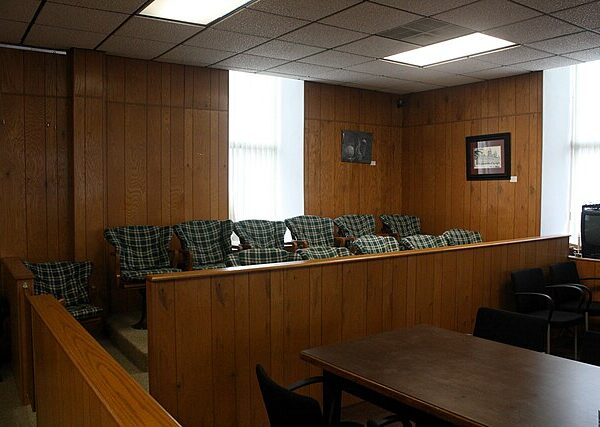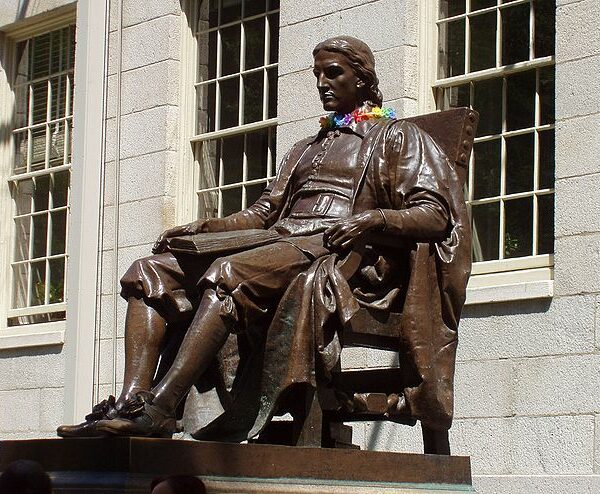
In Japan, professors have suggested that they simply kill the elderly to save their entitlement programs. Canada appears ready to take the exact opposite approach. The country’s experiment with legalized euthanasia, once touted as a narrowly drawn safeguard for the terminally ill, has grown into one of the most expansive regimes in the world — and it is now hurtling into territory that many ethicists once deemed unthinkable.
Since the passage of Medical Assistance in Dying (MAID) in 2016, assisted death has accounted for nearly one in 20 fatalities nationwide, a rate far surpassing countries with decades of experience in physician-assisted suicide. The system’s rapid growth has already strained doctors, blurred ethical lines, and provoked international condemnation. But the fiercest storm yet has erupted around a proposal from Quebec’s College of Physicians, reviving a 2022 suggestion that euthanasia be extended to severely ill newborns, writes The Daily Mail.
Canada’s 4.7 percent euthanasia rate in 2023—two-thirds of cases involving cancer — eclipses the Netherlands, where infant euthanasia has been permitted under strict guidelines. The first country to implement the ghastly policy since Nazi Germany in the 1930s. That comparison is now more than academic, as Canada edges closer to authorizing the same.
The college, reiterating comments made by Dr. Louis Roy, insists euthanasia may be appropriate for infants “born with severe deformations, very grave and severe medical syndromes, whose life expectancy and level of suffering are such that it would make sense to ensure that they do not suffer.” Unlike the current option of withdrawing life-sustaining treatment, this measure would actively end an infant’s life. For critics, the move raises the most primal questions of consent and human dignity.
What began as a tightly regulated law for adults facing imminent death has steadily loosened its boundaries. In 2021, parliament scrapped the requirement that a patient’s condition be terminal. By 2027, MAID is set to encompass individuals whose only diagnosis is mental illness. A legislative committee has even suggested considering access for minors.
Already, oversight has struggled to keep pace. A 2024 Ontario coroner’s review revealed euthanasia cases justified not on fatal illness but on “unmet social needs,” such as poverty, homelessness, or isolation. One man in his 40s, wracked by bowel disease and addiction but still treatable, was euthanized despite concerns that social supports, not death, might have eased his suffering. Another woman cited her inability to find housing free from chemical irritants as the reason she sought a lethal injection.
Some physicians, like Vancouver’s Dr. Ellen Wiebe, have embraced the practice, performing hundreds of procedures and describing them as an act of compassion. Others recoil. Toronto psychiatrist Dr. Madeline Li described a patient with a 65 percent chance of surviving cancer who refused treatment and demanded death instead. Former Canadian Medical Association president Dr. Sandy Buchman recalled euthanizing a lonely patient lying on a bare mattress in an empty apartment—a picture far from the serene, dignified departures advertised by advocates.
The stories have fueled charges that Canada’s permissive law has created subtle coercion. The Associated Press documented cases where patients were reminded of the costs of their care, or where disabled Canadians felt nudged toward suicide rather than offered meaningful assistance. U.N. human rights experts have warned that the system risks building a “two-tiered” society in which the lives of the poor, disabled, or mentally ill are deemed less valuable.
Yet defenders frame the law in terms of autonomy and dignity. Dr. Stefanie Green, a former maternity doctor, likens her assisted dying practice to “deliveries” — bringing patients “out” rather than in. They point to the 2015 Supreme Court ruling that first struck down Canada’s assisted-suicide ban, declaring that denying the choice was itself an assault on personal liberty.
[Read More: Nancy Pelosi Won’t Be Happy With The Pope]











